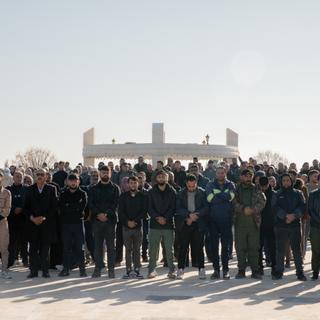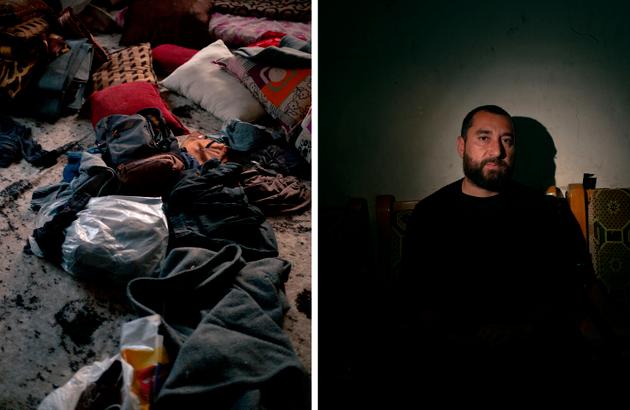


In Raqqa, tensions are rising between Syria's Arabs and Kurds
FeatureSince the fall of the Assad regime, the Syrian Democratic Forces' control over the former capital of the Islamic State organization has become increasingly contested.
On December 8, 2024, the day Bashar al-Assad fell, Ibrahim Sheikh Nabi, a Kurd working in the voluntary sector, heard the echo of celebrations in Raqqa's al-Naim Square. But he didn't really have the heart to go. "I didn't feel welcome. I was consumed by anxiety," said the 35-year-old law graduate, whom we met in his office in mid-January.
Since Hayat Tahrir al-Sham (HTS) came to power in Damascus, the dominance of the predominantly Kurdish Syrian Democratic Forces (SDF) in Rojava, the autonomous Kurdish region of northeastern Syria, has been increasingly contested, particularly in Arab-majority towns such as Raqqa, former capital of the Islamic State (IS) organization. The SDF have already been driven out of Tal Rifaat and Manbij, two predominantly Arab localities, by the Syrian National Army (SNA), a Turkish-backed coalition of former rebel brigades.

With Assad's overthrow, many Arabs in Rojava are demanding HTS-affiliated governance and reintegration of their locality into a unified Syria, heightening the Kurds' sense of insecurity in these areas. "The day Bashar al-Assad fell, I wasn't in the mood to celebrate. I was already expecting tensions between Kurds and Arabs to rise. The Arabs don't like us and want to get rid of us," said Nabi.
You have 83.11% of this article left to read. The rest is for subscribers only.
